Happy Birthday, Arundhati Roy: From National Film Award To Booker Prize; Here's A Look At Her Top Achievements
- Sayan Paul
- 10 months ago
- 4 minutes read

Arundhati Roy is best known for her novel, 'The God of Small Things'.
"There's really no such thing as the voiceless. There are only the deliberately silenced, or the preferably unheard." - Arundhati Roy
Just a few months ago, Arundhati Roy was awarded the PEN Pinter Prize 2004, which goes to a writer who, in the words of late playwright Harold Pinter, casts an "unflinching, unswerving" gaze on the world and shows "fierce intellectual determination ... to define the real truth of our lives and our societies". Well, if you are familiar with Roy's works, you certainly know that she is a soldier whose weapon is her pen. Whether fiction or nonfiction, she believes in 'enlightenment' instead of 'entertainment', and advocates for human rights through her words. As Ruth Borthwick put it, she writes "urgent stories of injustice with wit and beauty". And her stories make us think, and guide us to work for the change that our society needs.

Born on November 24, 1961, Arundhati Roy is inarguably one of India's most celebrated authors today. And as far as her achievements are concerned, there are plenty, to say the least. Today, on the occasion of her 63rd birthday, let's have a look at some of her biggest achievements.
The National Film Award for Best Screenplay (1988)
Roy started her career as an actress and writer in Hindi television and films. For instance, in 1985, she starred in the film 'Massey Sahib' alongside Raghubir Yadav. She wrote the screenplay for the film, 'In Which Annie Gives It Those Ones', in which she also played a pivotal role. And it earned her the National Film Award for Best Screenplay in 1988.
'In Which Annie Gives It Those Ones' didn't get a theatrical release and was screened at Doordarshan in 1989. Besides Roy, it also starred Arjun Raina, Roshan Seth, Shahrukh Khan, and Manoj Bajpayee.

Shah Rukh Khan in ‘In Which Annie Gives It To Those Ones’
Notably, Roy returned the award in 2015 in her protest against the right-wing groups in India.
The 1997 Booker Prize
This is inarguably the greatest achievement in Roy's career. In 1997, she rose to unprecedented fame internationally with her debut novel, 'The God of Small Things'. It earned her several awards, including the prestigious Booker Prize in 1997, making her the first Indian to achieve the feat. The award carried a prize of approximately US$30,000, which Roy donated to human rights causes.
“That's what careless words do. They make people love you a little less.”
— LiteraryVienna (@LiteraryVienna) November 24, 2021
Arundhati Roy, The God of Small Things
* November 24, 1961 pic.twitter.com/rl3KNKGjJt
(Credit: LiteraryVienna)
Notably, Roy's second novel, 'The Ministry of Utmost Happiness' (2017), was also nominated for the Booker Prize.
Sydney Peace Prize, 2004
Besides being a successful author, Roy is also an activist who advocates for peace all across the world. For her advocacy of non-violence and her work in social campaigns, she was awarded the Sydney Peace Prize in May 2004.
Arundhati Roy reads a beautiful passage from her essay The End of Imagination, a critique of India’s nuclear weapons programme written after the success of her debut novel The God of Small Things #HayFestival2019 pic.twitter.com/AyCjugDDIT
— BBC Arts (@bbcarts) June 4, 2019
(Credit: BBC Arts)
Notably, the Sydney Peace Prize is awarded by the Sydney Peace Foundation, with an aim to encourage public interest and discussion about issues of peace, human rights, social justice, and non-violent conflict resolution.
Norman Mailer Prize, 2011
The Norman Mailer Prize was given every year from 2009 to 2015, in honor of the 20th-century American author Norman Mailer.

In November 2011, Roy was awarded the Norman Mailer Prize for Distinguished Writing. That year, it was also awarded to Elie Wiesel (Lifetime Achievement), Gay Talese (Distinguished Journalism), and Keith Richards (Biography).
The list doesn't end here. Besides these, it also includes the Sahitya Akademi Award 2006 (which she declined to accept), and the Lifetime Achievement Award at the 45th European Essay Prize among others.

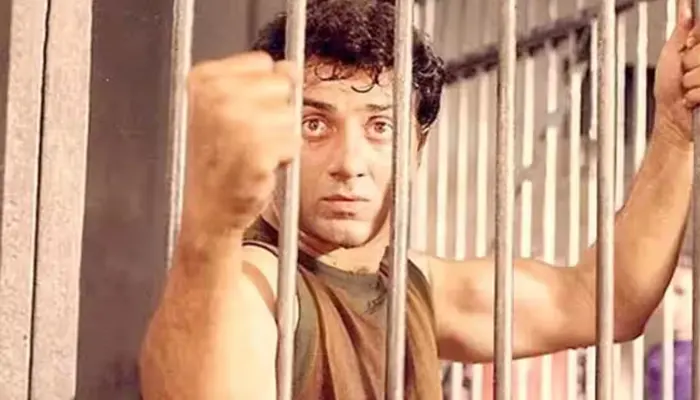

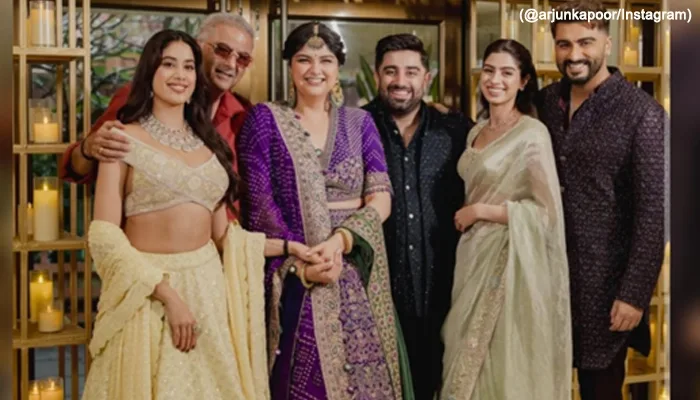
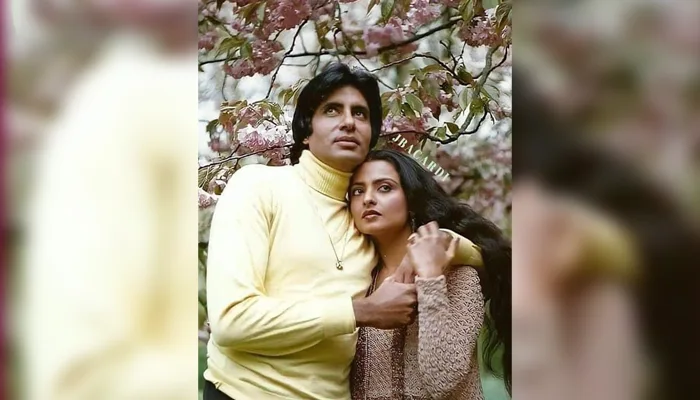
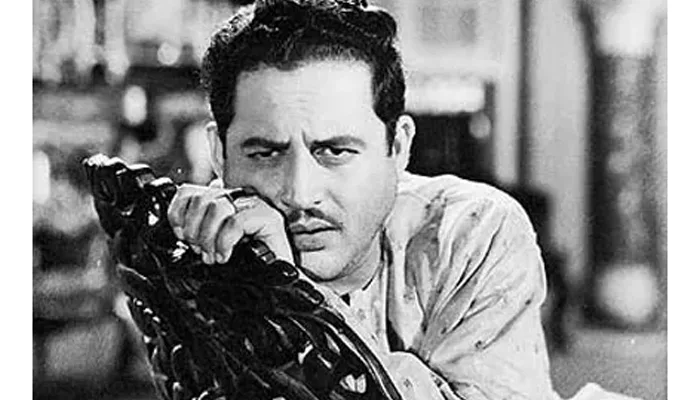
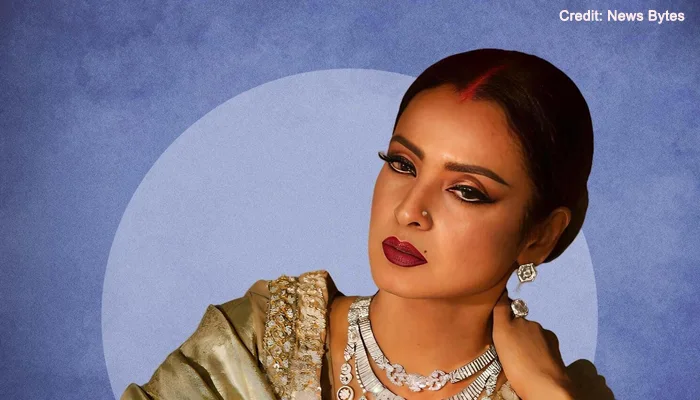
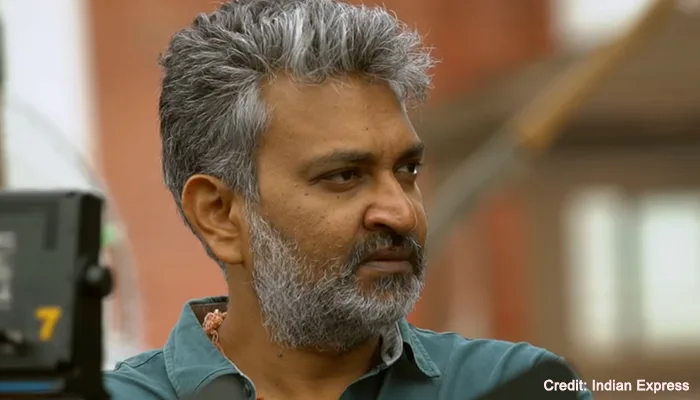
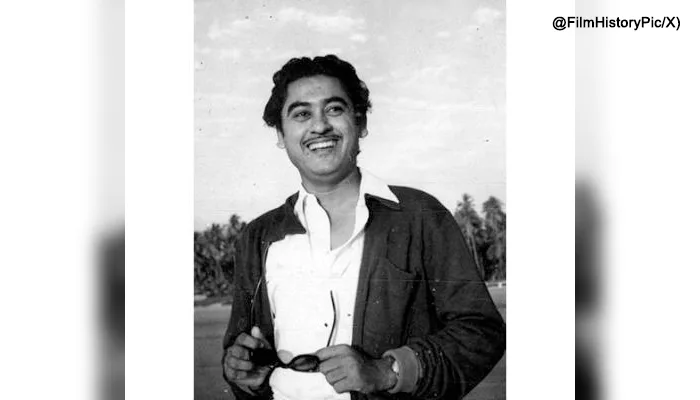
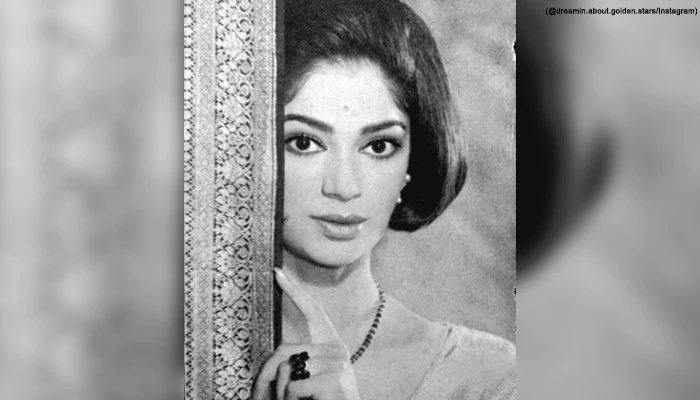
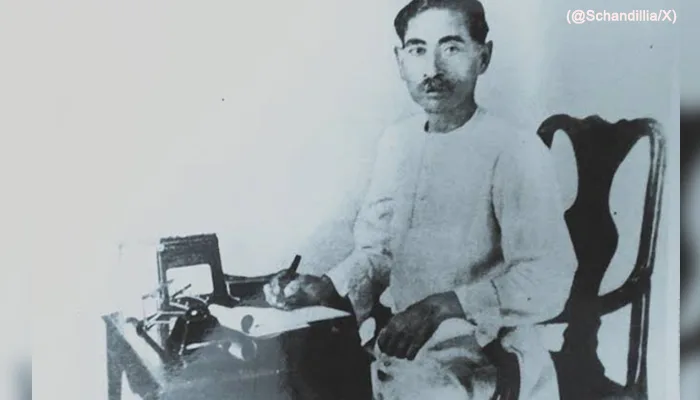
.webp)
.webp)